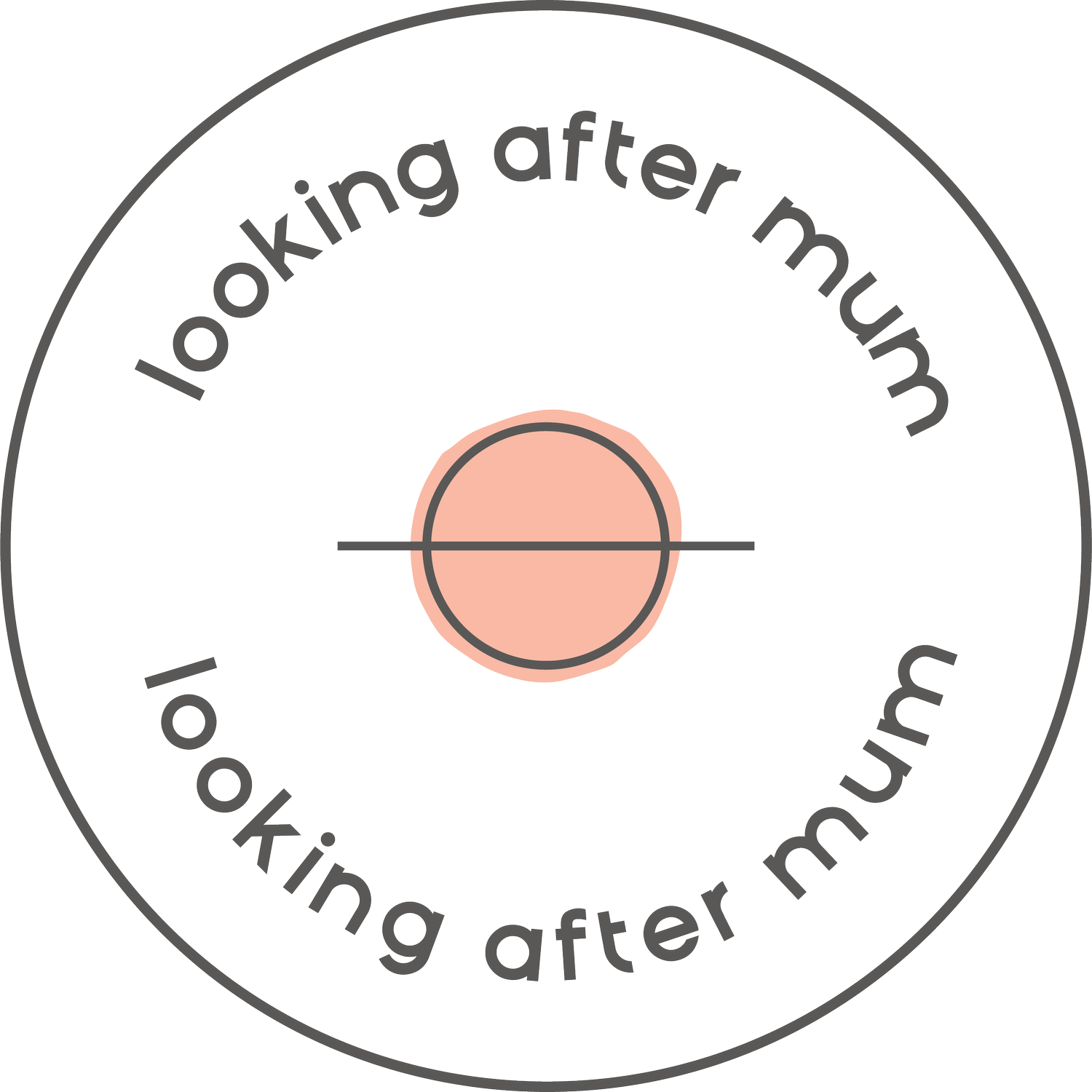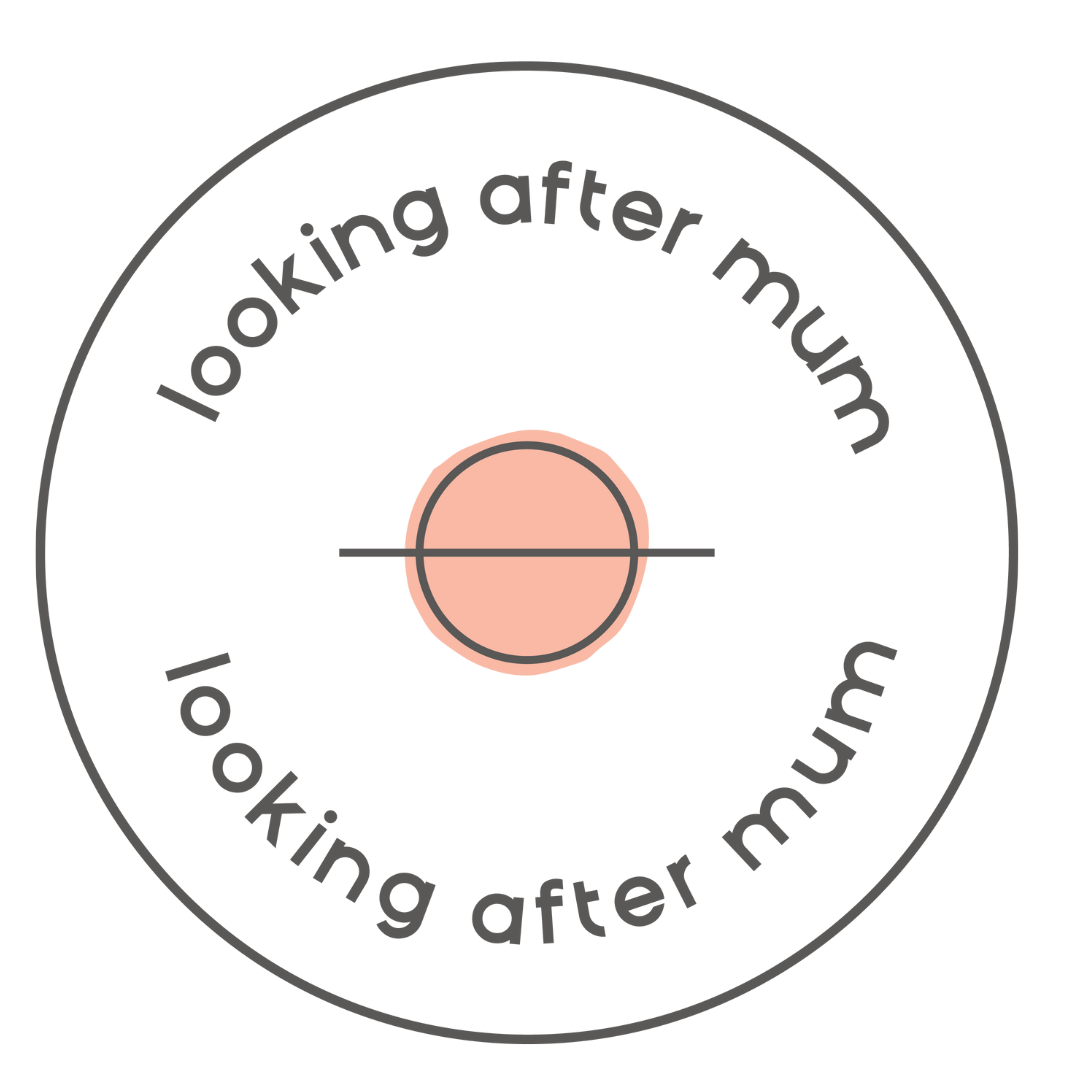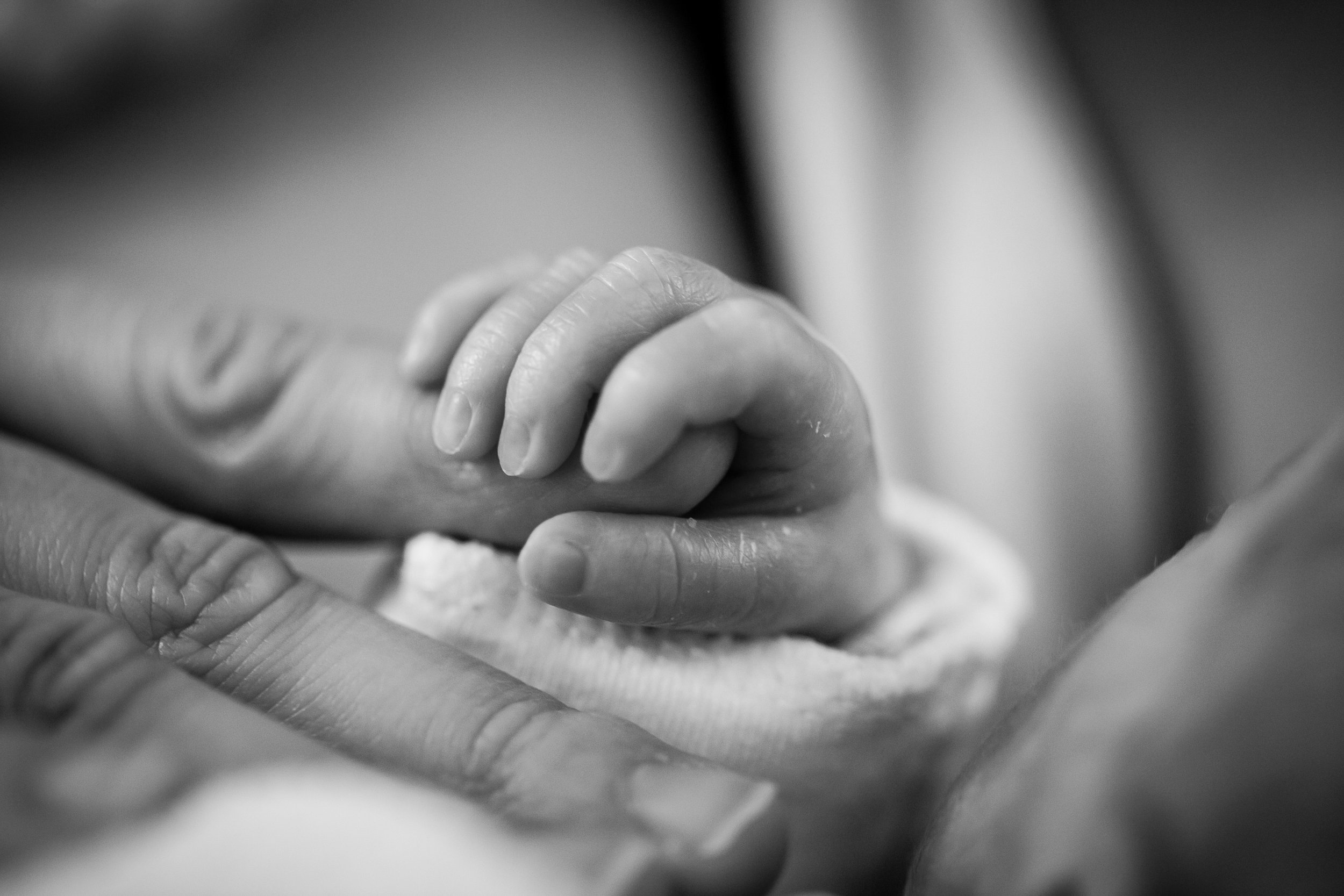Birth Trauma Therapy : How you can heal from a traumatic birth
By Sophie Harris - Pregnancy & Postpartum Psychotherapist
A birth that didn't go to plan can profoundly impact you as you go into motherhood. According to research by Birth Trauma Association, approximately 30,000 new mums a year experience birth trauma in the UK.
If you have experienced birth trauma, you may experience a range of symptoms, including:
Excessive guilt; or feeling like you did something wrong or that your body failed you
Reminders or flashbacks about the birth
Experiencing mood swings; feeling easily tearful or irritable.
Highly anxious or looking out for threats.
Some difficulties either bonding with your baby or a feeling of separation from a partner loved ones.
The birth trauma therapy techniques that I am about to provide can support you to heal and recover from these difficult experiences. You can do some of these support methods independently, and others may require support from others or a therapist. These strategies will help you heal quickly to feel like yourself again.
Seek birth trauma therapy from a professional
I put this point first because if your feelings become overwhelming when accessing any of the other support strategies, then it is always advisable to get support. As a therapist, I regularly help new mums to overcome traumatic experiences. As well as myself, other therapists offer support listed on the Birth Trauma Association website. Or, you may be able to access support via the NHS through a referral via your GP. If in doubt, reach out for help to help you deal with your experiences.
2. Let yourself cry if you need to
It is important that you feel all emotions when dealing with a traumatic birth. Don't be afraid to cry.
Often we can be taught to try to ignore our negative emotions. You might have heard phrases like "look on the bright side" or "at least you have a healthy baby". Although well-meaning, this is unhelpful.
A metaphor that I often use with clients is to think of suppressing your emotions as pushing a ball underwater. Although you may be able to push these emotions down, they are likely to pop back up again in the same way that the ball would. Instead, let your feelings arise and feel them. Although it may feel uncomfortable, these emotions will go away again!
3. Give yourself compassion
Try to imagine that your best friend went through the birth experience that you did. How would you speak to them? What kind words might you offer them?
It is easy to fall into the trap of beating yourself up when experiencing strong emotions. Instead of this, start noticing when you are having these critical thoughts. When you have recognised these thoughts, practice saying kind words to yourself.
4. Breath!
A traumatic birth is likely to put a lot of stress on your nervous system. A way to counteract this and get oxygen to different parts of your body is to take long, slow, deep breaths. Try spending a few minutes a day taking these deep breaths. It can be particularly helpful upon waking, but you may also choose to spread this throughout the day.
5. Journal
Journalling helps to process your traumatic memories. Writing about your birth can be a helpful way to help you face complex feelings so that you can process your emotions. Try writing a detailed account of what happened during your birth. Include how you were feeling at the time, rather than just writing a descriptive account of what happened. Allow yourself to cry when you need to so that you can feel the emotions. This will help you process the painful experiences so that you can move past them.
6. Reframe negative thoughts about your birth
It is common to experience excessive guilt or self-blame after a traumatic birth. In this case, it is helpful to reframe these thoughts to be more balanced. A helpful question is, "At what point would I have done anything differently?" Alternatively, 'if someone else were in the same situation as me, would I feel the same way towards them?"
You likely have a negative bias towards yourself. Asking questions like this can help shift your perspective to more balanced reflections. As with the other points, a birth trauma therapist should be skilled in helping you to reframe these thoughts.
7. Talk to others who understand
Speaking with others can help to process traumatic memories from your birth. You may also realise that what you are experiencing is wholly expected and gain some helpful insights into what has happened.
However, ensure that you speak with someone who can provide the support you need. As mentioned in the previous point, well-meaning loved ones can be unintentionally insensitive due to a lack of understanding about birth trauma. Try to access support from those who are more likely to understand where you are coming from.
8. Gently expose yourself to triggers
It is common to experience triggers after your birth that may make you feel anxious, and therefore you may attempt to avoid these triggers. For example, you may avoid watching TV programmes about birth. Or alternatively, you may take a different route so that you don't have to drive past a hospital in which the trauma took place.
Although avoiding anxious triggers can help in the short term, in the longer term, this may maintain anxiety. Rather than suppressing the feelings that come with being exposed to these triggers, allow yourself to experience them to move past them.
However, at the risk of repeating myself, always seek support from a birth trauma therapist if these experiences ever feel overwhelming.
9. Look after yourself
Postpartum days are hard when you are caring for a baby, especially when you are recovering from birth trauma. However, if possible, try to prioritise some moments to help you heal. These moments may include spending time in nature (this is incredibly healing). Other options are taking long soaks in the bath when someone else is watching the baby. Or alternatively, pregnancy massage can be a great way to bring you back into your body and calm some of the physical impacts of your birth trauma.
Hi, I’m Sophie. I am a birth trauma therapist and mother.
I love helping new mums heal from the impact of birth trauma to feel confident and content.
If you are looking for birth trauma therapy, then use the link below to find out more about the services that could help you.





